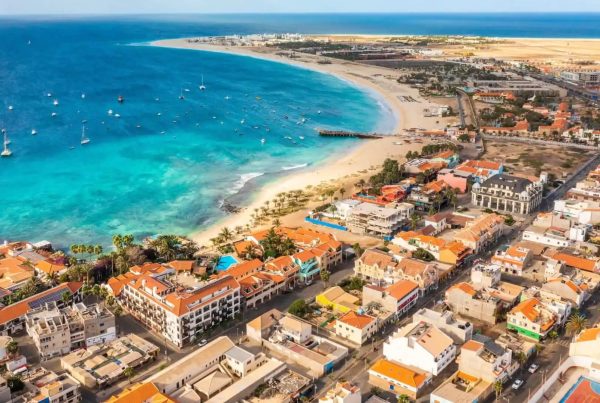
The redemption of old German bonds, particularly those issued during the Weimar Republic and Nazi era, remains a significant subject of legal, financial, and historical interest. For investors holding these…

Old German bonds, particularly those issued before World War II, have long been a topic of interest for both investors and historians. These bonds, issued by the German government and…

Cape Verde, a small island nation located off the coast of West Africa, has long been recognized for its political stability, strategic geographic position, and burgeoning tourism industry. Despite limited…




